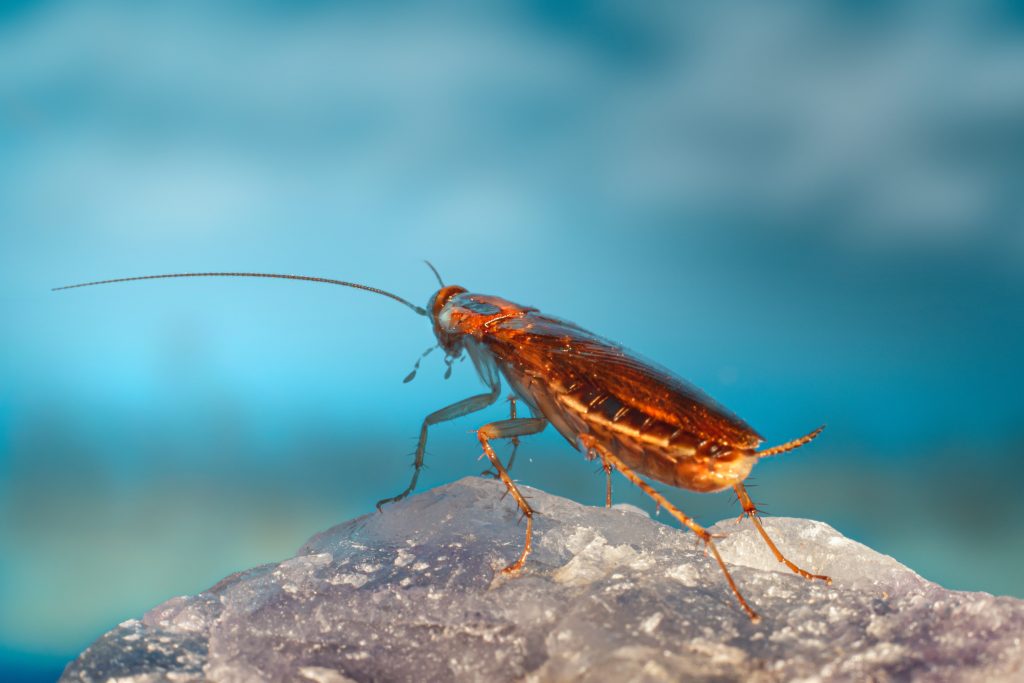Cockroaches Becoming Immune To Pest Control?
Cockroaches are changing their mating secretions to become resistant to pest control.
This article is more than 2 years old

Cockroaches have been the bane of human households for centuries, and it’s been all pest control can do to keep up with their evolutionary shenanigans. Since developing glucose traps in the ‘80s, pest control services have largely kept our creepy-crawly foes at bay, but recent evolutionary adaptations to cockroach populations may make them immune to glucose-based poisons. Even worse, the glucose-resistant adaptation in cockroaches may also have changed their reproductive methods to make them even more ubiquitous.
According to NPR, when cockroaches reproduce the males secrete a sweet substance to lure the females to them, a substance largely made up of glucose. When pest control experts developed glucose traps, they preyed on this instinctive draw toward glucose by lacing the poison with it. For a long time, these poisons were highly effective, luring in millions of German cockroaches, the most prolific of the species, which has adapted specifically to live in human environments.
It seems that these champions of evolution have managed to evolve around their desire for glucose, though. Female German cockroaches have adapted to have a revulsion for glucose, saving them from traps but also potentially stopping them from reproducing; this makes for relatively the same outcome from a pest control standpoint—less cockroaches. However, a new adaptation might change everything; male cockroaches have seemingly changed the formula for the sticky substance they secrete, changing it from a glucose-forward concoction to a maltotriose-based one, which doesn’t repel the females as readily.
This adaptation, as it spreads through German cockroach populations, might spell the end of the nearly 50-year run of glucose traps as a form of pest control for cockroaches. While glucose traps have been highly effective for decades, their downfall doesn’t mean that hordes of cockroaches, left unchecked, will be invading American homes. There are other forms of pest control shown to be effective for eliminating cockroaches, at least for now.
While it’s true that cockroaches are attracted to filth and other waste, even clean, well-kept homes can become infested with cockroaches for a variety of reasons. While keeping your home clean might help to keep the cockroaches at bay, it’s best to have a backup plan. German cockroaches, in particular, are not picky about their dwellings and, therefore, a pesticide may be necessary to remove them from your home.
There are lots of liquid and aerosol sprays that contain pesticides effective at handling cockroach infestations, even German cockroaches. Sprays should always be used to target places that might be vulnerable to cockroach invasion, rather than the entire home. Doorways, windows, ceiling cracks and other openings to the outside are places you’ll want to target, but be sure to read the instructions thoroughly, and make sure that any pets or children won’t be harmed.
Many people are familiar with bug bombs, or foggers, that mist an entire home or area with insecticide and, while they seem like they would be effective, they’re actually one of the least effective methods of pest control. Your best course of action is to call a professional. Your next best course of action is to pray that the cockroaches leave your house untouched.




